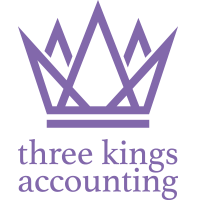What You Need To Know About Making Tax Digital
The UK government is making tax digital. From 2019, if you manage a VAT-registered company, and you have a turnover of more than £85,000 per year, you will be required to keep digital records and submit returns created using software that is compatible with Making Tax Digital (also known as MTD).
If you’re a business owner, and these changes are relevant to you, here is some useful information to ensure that you’re ready.
A Brief Overview Of The Changes
From 2019, tax is going digital, which means that many businesses will need to submit digital accounts and tax returns. The changes apply to VAT-registered companies that have an annual turnover of £85,000 or more. If your turnover is less than this figure, you can still apply to join the MTD scheme.
The new pilot was launched in April 2018, and the majority of businesses will be required to keep and file digital accounts and returns for VAT periods beginning on or after April 1st 2019.
If your taxable income drops below the threshold, which is currently £85,000, you will still need to document your income and send in your tax return digitally.
A small number of organisations and businesses are exempt from changes for a further 6-month period to allow for testing in more complex situations. Examples include non-profit organisations, trusts, and local authorities.
To comply with the new guidelines, businesses must use MTD-compatible software.
Getting Your Business Ready
If you use software to manage your accounts already, you’ll need to check whether it is compatible with MTD. If you don’t use software, or the software you utilise isn’t suitable, you’ll need to make arrangements to switch to a different software programme, which is compatible with HMRC’s new tax system.
To find out more about the software currently available, and those in development, visit https://www.gov.uk/guidance/software-for-sending-income-tax-updates.
Many people choose to use spreadsheets to document spending and income. If you haven’t got software that is compliant with MTD, you’ll need to invest in new software to enable you to send your accounting information, your tax returns and receive information from HMRC.
HMRC is giving businesses until the end of March 2020 to ensure that the software they use has the relevant digital links. Until this date, HMRC will accept copy and paste as a suitable means of transferring information.
There is one exception to this rule and that applies when a tax return is transferred to a programme that is compatible with the API (Application Programming Interface). In this instance, data can only be transferred digitally. To do this, it is possible to use bridging software, a digital mechanism that can take data from one application, for example, a spreadsheet, and send it to HMRC.
Where To Go For More Information
If you have any doubts about the type of software you use, or you’re not sure whether you’re geared up for the introduction of digital accounts and returns, it’s best to check with your agent or accountant or to contact your software provider.
Tax is going digital, and it’s always wise to plan in advance. With changes coming into play in 2019, now is the time to get advice from an expert and make sure that your business is all set for April.
Feel free to give us a call on 01753 840 188 to see how we can help you and your business.


